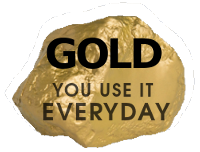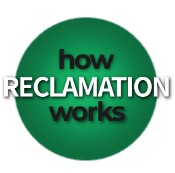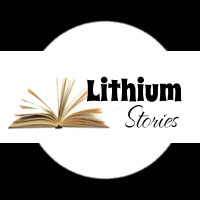- Why Mining Matters
- Jobs
- Safety
- Environment & Operations
- FAQ
- Links
- Fun Stuff
You are here
7-Up
Soft drink 7-Up used to contain lithium. That wasn’t unusual. Lithium used to be an ingredient in a number of products because of its mood-stabilizing benefits and today it is considered a miracle drug.
Now, lithium is best-known for its use in lithium-ion batteries, which are in most electric vehicles, cell phones and laptops.
According to the International Energy Agency, mineral supply for electric vehicles and battery storage will have to grow at least 30 times by 2040 to meet climate goals like widespread adoption of electric vehicles. The supply of lithium, for example, has to grow by over 40 times (https://www.iea.org/reports/the-role-of-critical-minerals-in-clean-energ...).
Lithium was discovered in 1817. Lithium mineral springs became popular and people would soak in lithium-containing water for the perceived health benefits.
Starting in the mid-1800s, lithium was used to treat gout. In the 1870s, it started being used as a treatment for mania and other mental health issues, including depression.
In the late 1800s and early 1900s, lithium was seen as a bit of a "cure all,” and was used in a range of products.
In 1929, “Bib-Label Lithiated Lemon-Lime Soda” was invented. It is hard to believe but that was 7-Up’s original name before its inventor shortened it several years after launching the product.
The drink contained lithium citrate, a salt form of the metal. Note that the original name referenced its lithium content – “lithiate” means to combine something with lithium. (It is not known what the name 7-Up means. Some believe it refers to the drink’s seven original ingredients and others think it refers to lithium’s atomic mass. The “Up” may, or may not, refer to lithium’s positive effects on mood.)
7-Up was marketed not just as a soda but also as a hangover cure and a general health Drink.
The United States Food and Drug Administration banned lithium from beer and soft drinks in 1948 out of concern that lithium was being consumed in too many products.
Lithium has a relatively narrow window, in terms of quantity, in which it is helpful medically. Below that level, it is not effective. Above that level, it can cause lithium poisoning. When lithium chloride started being used as a replacement for table salt (sodium chloride), the FDA took action to curb its use and the formula for 7-Up was tweaked to remove it.
The advertisement below was used around 1950, shortly before lithium was removed from 7-Up.
Around the same time, Australian psychiatrist John Cade was experimenting with lithium as a treatment for mania. According to psychiatrist.com, Cade was aware of lithium’s previous use as a gout medication nearly 100 years earlier, and he “hypothesized that some condition involving uric acid might cause the ‘psychotic excitement’ that so characterized his manic patients. He chose lithium as an investigatory drug and treated 10 of his patients at the Bundoora Repatriation Hospital with lithium citrate and lithium carbonate. Some patients responded incredibly well, essentially returning to normal functioning after years of hospitalization. Cade’s original article appeared in an obscure Australian medical journal in 1949, and although the article has become one of the most widely cited in the entire history of psychiatry, it went largely unnoticed at the time…”
Cade’s work and the research he inspired forever changed the treatment of manic depression and mental illness more generally. Psychiatrist.com says “lithium has been dubbed both a miracle drug and the gold standard in the treatment of bipolar disorder, alternatively—and perhaps more descriptively—known as manic-depressive disorder.” Lithium occurs naturally in things like vegetables, grains, spices and drinking water. Plants absorb minerals from soil (which is eroded rock) and water absorbs minerals as it interacts with rock underground. We get minerals our bodies need by eating plants and drinking water that contain them. We also get them by eating animals that, like us, get minerals from eating and drinking.
It is believed that naturally occurring lithium in water supplies has mental health benefits on the general population. A 2020 study by researchers at King's College London concluded that “Naturally occurring lithium in drinking water may have the potential to reduce the risk of suicide and may possibly help in mood stabilisation, particularly in populations with relatively high suicide rates and geographical areas with a greater range of lithium concentration in the drinking water.”
Despite its many decades of use in mental health, it is not known why lithium is so effective as a treatment. We just know that it works.


















































































